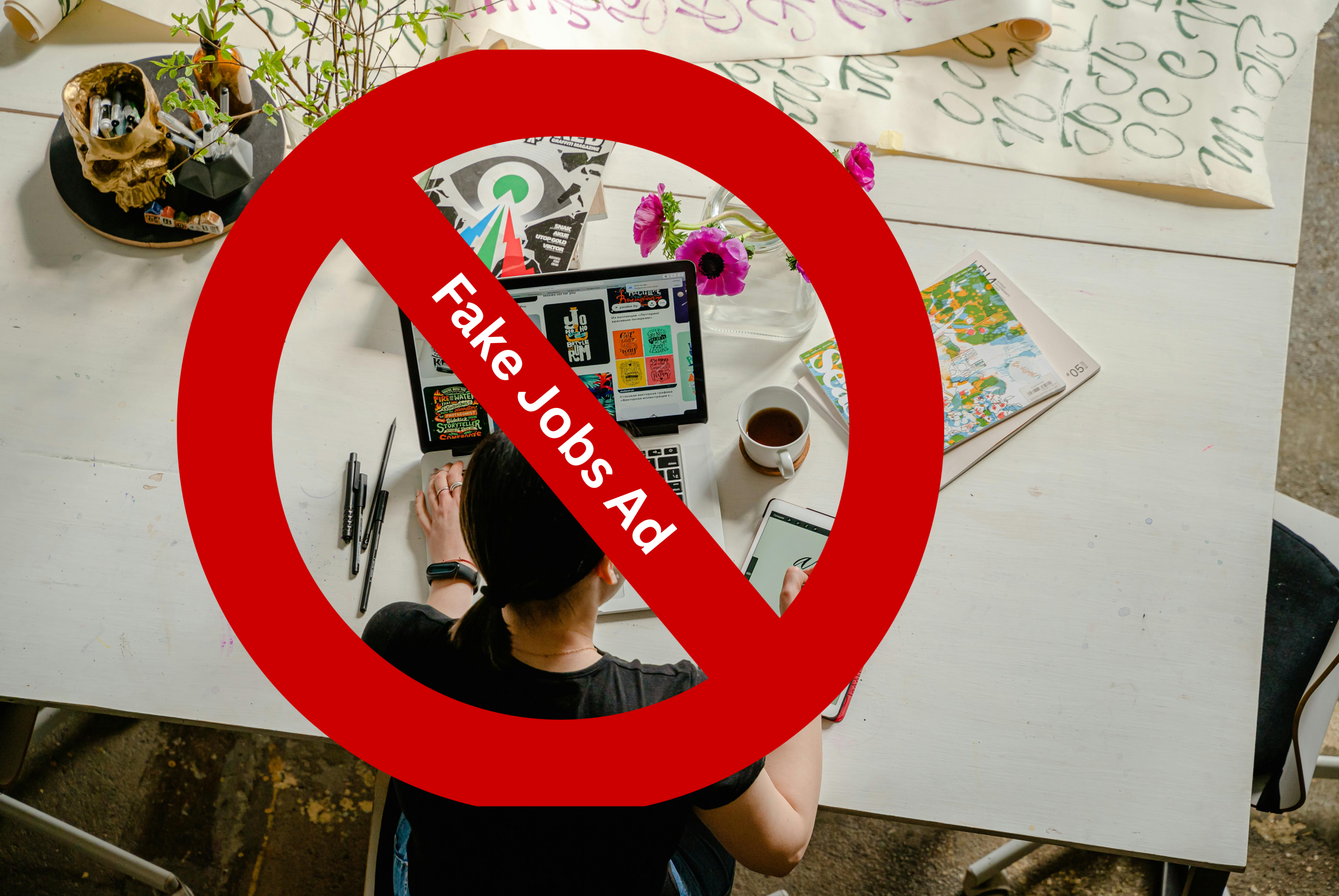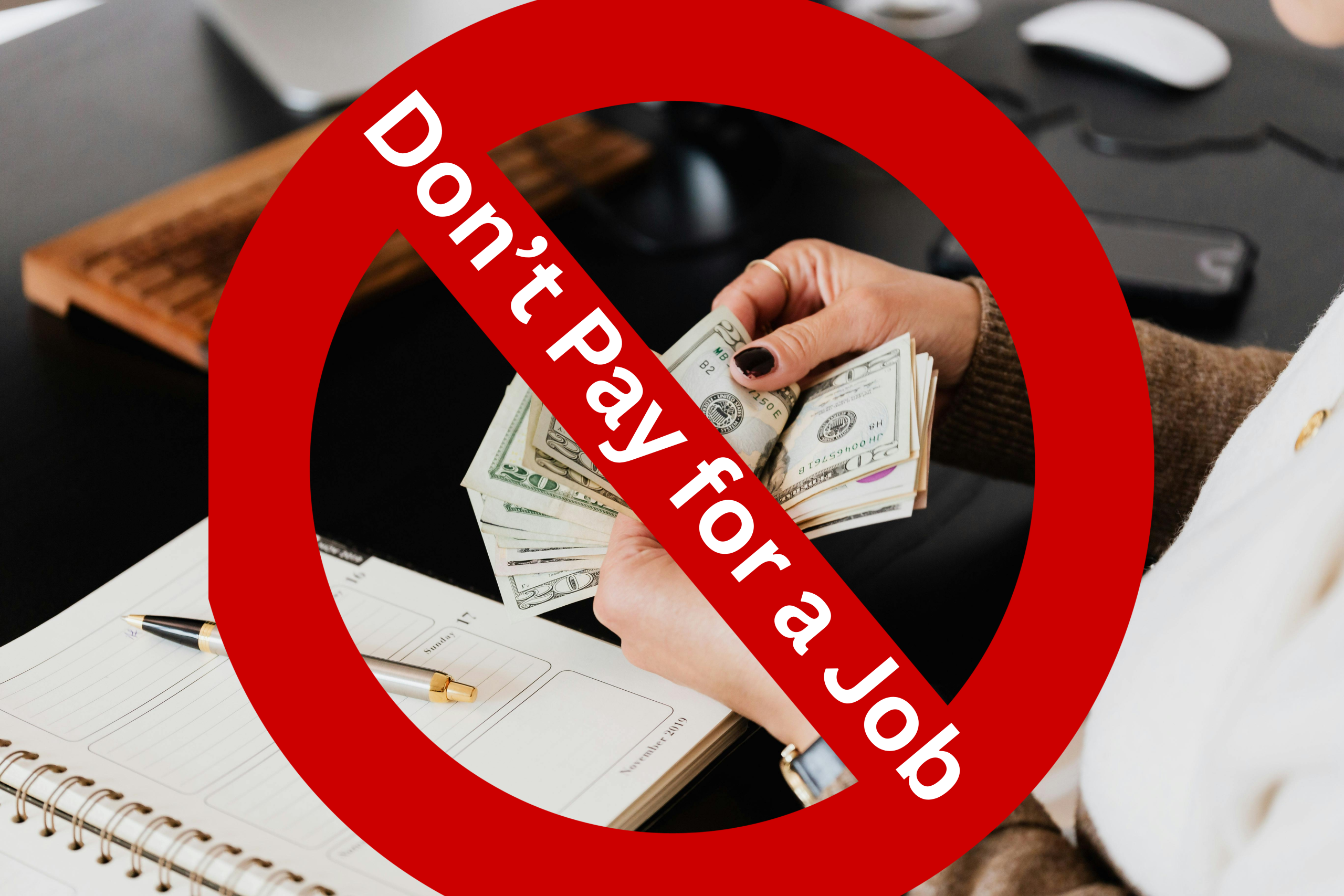You’re job hunting. Been scrolling. Sending CVs. Applying like crazy. Then one day—boom. “Congratulations! You’ve been shortlisted.” That message hits your inbox like a small miracle.
Feels good, right? But wait. Something’s… off. The email address looks weird. No company logo. Website feels cheap. Gut says, “Careful.” You try to ignore it.
What if it’s a scam?
Yeah. These days, fake recruitment agencies are out there. All over the place. They don’t just waste your time—they rob you. Money, identity, even hope.
Let’s break it down. Here’s how to tell if the agency knocking at your inbox is fake. We’re not preaching. Just talking real.
Too Good to Be True? Yeah… Watch Out
So they offer you R30,000 a month. For a data capturing job. No experience needed. No interview. “You’re hired!”
Sounds dreamy. But it ain’t real. That’s bait. Scammers are clever like that. They say exactly what you wanna hear. Sweet talk with salary tags.
But come on. Real jobs? They don’t just hand out cash like that. Companies check. They verify. They need proof you’re legit.
If it’s looking too smooth? Too quick? Slow down. Something’s fishy.
They Want Money First. Huh?
“Just R150 for admin.”
“R300 for training materials.”
“Once-off payment, then we place you.”
Wait a sec. Why are you paying them?
That’s the scam. Real agencies get paid by companies, not you. That’s how it works. You’re the product, not the customer.
Sure, some might charge for extras. Like help with your CV or courses. But they’re clear about it. You get invoices. You sign papers. You don’t feel rushed.
Scammers though? They just want your cash. No receipts. No calls after payment. Just vanishing acts.
Contact Info Is… Sketchy
Let’s say the email comes from hrteam564@gmail.com. No name. No title. The website? One page. No landline. Just a WhatsApp number.
Feels dodgy, right?
Real recruitment firms? They’re loud. You can find them online, proper profiles, full address, landlines, even who their consultants are.
Can’t find anything about the agency? No reviews. No LinkedIn. No trace?
Big red flag. Real ones don’t hide.
No Calls, No Interviews, Just WhatsApp
Some agencies say, “No interview needed.”
Others avoid video calls.
Just chatting on WhatsApp or emails. Quick. Cold.
You ask to talk. They stall. Or send you shady Zoom links that don’t work.
Why? ‘Cause they’re not real. They don’t want their face seen. They want to keep it surface-level, quick, faceless.
Real recruiters? They talk. They interview. They ask questions. Want to know your background. It’s a process.
No process? Walk away.
Hurry Up! Pay Now!
“You’re lucky. Only 3 slots left!”
“If you delay, it’s gone.”
“Pay before 3PM today.”
Yeah… no.
That’s pressure. They want you panicking. Want your wallet open before your brain catches up.
Real recruiters? They don’t hustle you like that. They give space. They know a legit job isn’t a flash sale.
If you feel rushed? If you feel cornered? Something’s wrong.
Where’s the Job Description
Seen those posts?
“We’re hiring urgently. Apply now.”
And that’s it. No job title. No qualifications. No duties.
Nothing but a vague promise.
That’s bait. Real job ads explain the role. They say what you’ll be doing. What you need. Where it’s based.
Fake ones? They’re fishing. Once you bite, they send forms. Then ask for payment. That’s their move.
If the ad feels empty? It probably is.
Fake Logos. Fake Reviews. Fake Everything
Some websites slap on logos of Coca-Cola. MTN. Big names.
Others write fake reviews: “I got the job in 2 days!”—James M. (with a stock photo smile).
Don’t trust that.
Check the real company websites. Look for actual openings. If you’re unsure, call their HR. Ask, “Do you use this agency?”
Chances are—they’ll say no.
No Digital Footprint
It’s 2025. Everyone has something online. Even side hustles. So a recruitment agency with nothing online?
Not right.
Some might make a fake Facebook page. But it’s weak. No likes. No comments. No updates in months.
Check deeper. See if they registered with CIPC or listed under the Department of Labour.
If their digital trail is dry? Don’t risk it.
You Paid. Now They’re Gone
So maybe you trusted them. Paid the R250. Sent your details. Even planned for “training day.”
Then… silence.
No reply. No refund. WhatsApp blue ticks. But no message back.
You’ve been ghosted.
It hurts. Not just your wallet—but your pride. Don’t blame yourself. Scammers are slick. They play with hope. It happens to good people.
What matters now? Learning. Talking. Warning others.
Real Stories Hit Hare
Lerato. Age 26. Polokwane.
“I was jobless for a year. Desperate. Found a post online. Warehouse job. R300 for transport booking. I paid. They sent an address in Pretoria. When I got there? Nothing. Just dust.”
Yeah. That story? Too common.
Fake recruitment scams don’t just steal cash—they crush spirits. But when we share these stories, we spread power. We protect each other.
How to Protect Yourself
Keep your guard up. Always. Here’s how:
- Never pay to apply for a job. Ever.
- Google the agency. Add “scam” after the name.
- Check registration with CIPC or the Department of Labour.
- Ask for a video call. Test if they’re real.
- Don’t send ID, payslip, or banking info unless verified.
- Talk to others. Ask on forums. Ask your friends.
- Report them. Even if it feels small—report anyway.
Already Scammed? Don’t Stay Silent
First—breathe. You’re not alone.
Then act:
- Report it to SAPS. Even if they can’t recover funds, they log it.
- Tell your bank, especially if you gave info.
- Post online. Warn others. Share your story.
- Contact SAFPS to block your info from being used again.
The more noise we make, the harder it gets for scammers to hide.
Final Thought
Job hunting is already tough. Emotionally draining. Then these fake agencies come in, pretending to help—only to hurt.
But you’re not powerless. You’ve got your instincts. Your smarts. And now? You’ve got the signs to look for.
Next time an offer comes too fast, too good, too easy?
Pause. Check. Ask questions.
You deserve better than a scam.





